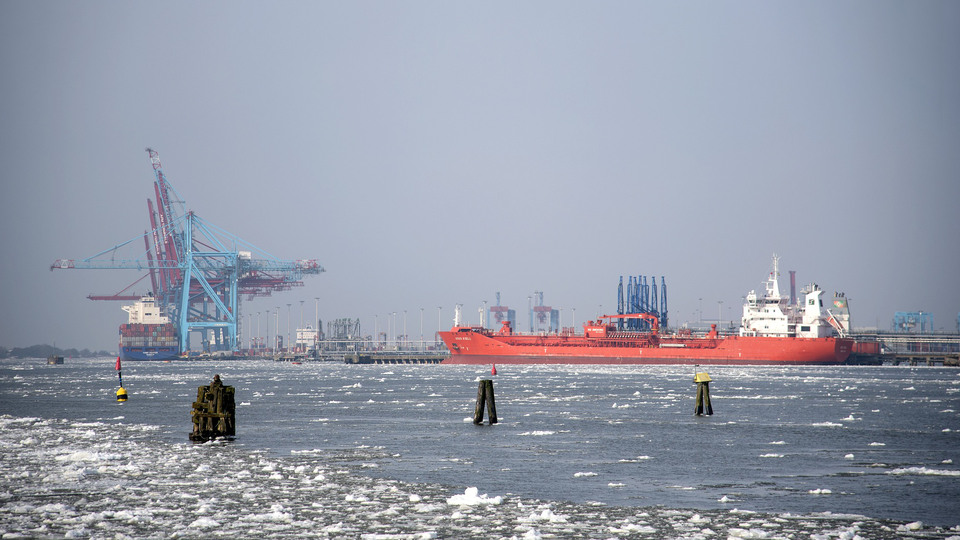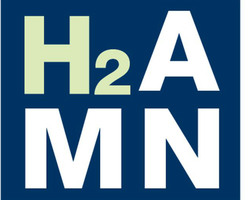
H2AMN analyses hydrogen-based solutions for ports
The Nordic countries are aiming for a carbon-neutral Nordic region. Hydrogen and other hydrogen-based energy carriers are often considered key technologies in future sustainable, low-carbon energy and transport systems. But what role can ports play in transitioning to a more sustainable energy system that includes these fuels?
The H2AMN project analyses how ports and surrounding areas, as well as different actors, will be able to scale up hydrogen and other hydrogen-based solutions in the Nordic region and transition to fossil-free energy hubs. The overall aim is to analyse the potential for hydrogen-based solutions (focusing on hydrogen, ammonia and electromethanol) in the Nordic region. The analysis is based on three case studies of energy hubs centred around ports in different Nordic countries.
The overall objective is to contribute to implementing these fuels in and around Nordic ports.
Case studies in Iceland and Sweden
The case studies include Iceland (exemplified by the Westfjords area with Isafjordur harbour and the Bakki/Husavik area in northern Iceland), the Port of Gothenburg (with a focus on marine application) and Luleå (the latter with a focus on the new opportunities for the local energy company Luleå Energi AB when SSAB will switch its steel production to hydrogen-based fossil-free solutions).
In addition to the case studies, the project will delve into the storage issue for hydrogen-based fuels. Storage is crucial for any hydrogen hub by explicitly assessing the feasibility of, and methods for, using existing rock caverns in harbour areas for hydrogen and ammonia storage. Policy and market assessment and scenario and energy system modelling will also be included to clarify key aspects of the realisation of the hydrogen hubs.

Project facts
- Project name: H2AMN - Hydrogen, ammonia and methanol in hydrogen hubs in the Nordic region
- Budget: 17,8 MNOK (of which 4.64 MNOK to IVL)
- Funding: Nordic Energy Research, Swedish Energy Agency the Icelandic research centre RANNIS (via the programme Nordic hydrogen valleys as energy hubs)
- Project partners: Luleå University of Technology (coordinator), IVL Swedish Environmental Research Institute, University of Iceland, Port of Gothenburg, Statkraft, Landsvirkjun, Blámi, Norwegian University of Science and Technology, Luleå Energi, Piteå hamn and SSAB
- Period: 2023 - 2026
Contact
Want to know more about IVL's services and offers? Enter your email address and choose which area you want to know more about, and we will get back to you.
